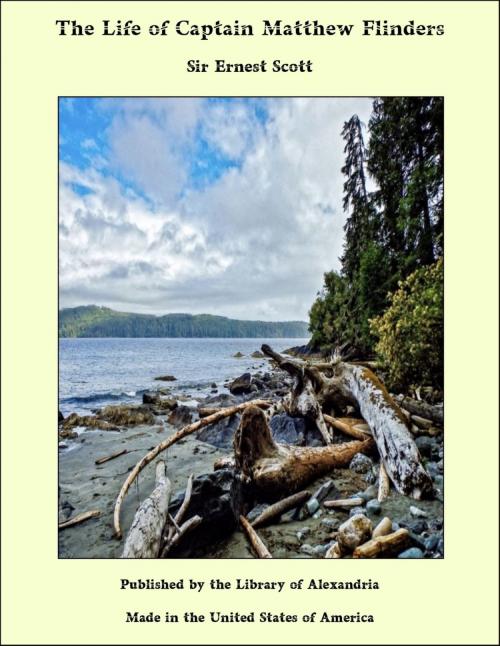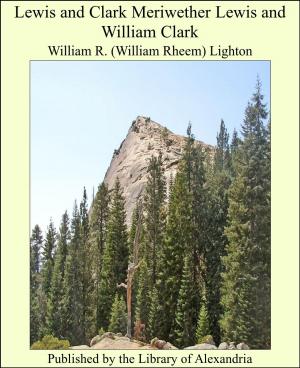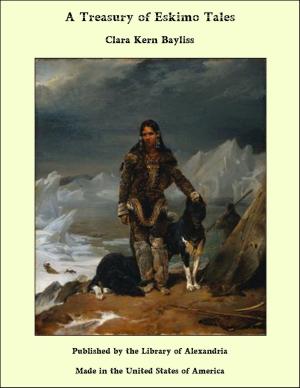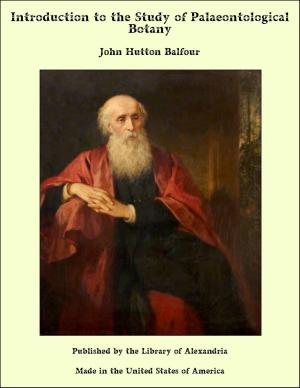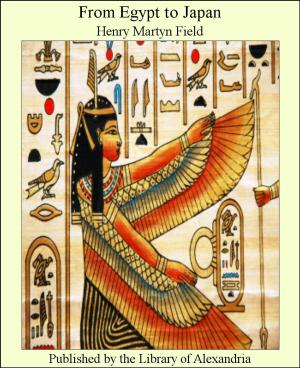The Life of Captain Matthew Flinders
Nonfiction, Religion & Spirituality, New Age, History, Fiction & Literature| Author: | Ernest Scott | ISBN: | 9781465531445 |
| Publisher: | Library of Alexandria | Publication: | March 8, 2015 |
| Imprint: | Language: | English |
| Author: | Ernest Scott |
| ISBN: | 9781465531445 |
| Publisher: | Library of Alexandria |
| Publication: | March 8, 2015 |
| Imprint: | |
| Language: | English |
The subject of this book died one hundred years ago. Within his forty years of life, he discovered a very large area of what is now an important region of the earth; he participated in stirring events which are memorable in modern history; he applied a vigorous and original mind to the advancement of knowledge, with useful results; and he was the victim of circumstances which, however stated, were peculiarly unfortunate, and must evoke the sympathy of everyone who takes the trouble to understand them. His career was crowded with adventures: war, perilous voyages, explorations of unknown coasts, encounters with savages, shipwreck and imprisonment are the elements which go to make up his story. He was, withal, a downright Englishman of exceptionally high character, proud of his service and unsparing of himself in the pursuit of his duty. Yet up to this time his biography has not been written. There are, it is true, outlines of his career in various works of reference, notably that contributed by Sir J.K. Laughton to the Dictionary of National Biography. But there is no book to which a reader can turn for a fairly full account of his achievements, and an estimate of his personality. Of all discoverers of leading rank Matthew Flinders is the only one about whom there is no ample and convenient record. This book endeavours to fill the gap. The material upon which it is founded is set forth in the footnotes and the bibliography. Here the author takes pleasure in acknowledging the assistance he has received from several quarters. A previous book brought him the acquaintance of the grand-nephew of that Comte de Fleurieu who largely inspired three famous French voyages to Australia—those of Laperouse, Dentrecasteaux and Baudin—all of which have an important bearing upon the subject. The Comte A. de Fleurieu had long been engaged in collecting material relative to the work and influence of his distinguished grand-uncle, and in the most generous manner he handed over to the author his very large collection of manuscripts and note-books to be read, noted, and used at discretion. Even when a historian does not actually quote or directly use matter bearing upon his subject, it is of immense advantage to have access to documents which throw light upon it, and which enable an in-and-out knowledge of a period and persons to be obtained. This book owes much of whatever value it may possess to monsieur de Fleurieu's assistance in this respect, and the author thanks him most warmly
The subject of this book died one hundred years ago. Within his forty years of life, he discovered a very large area of what is now an important region of the earth; he participated in stirring events which are memorable in modern history; he applied a vigorous and original mind to the advancement of knowledge, with useful results; and he was the victim of circumstances which, however stated, were peculiarly unfortunate, and must evoke the sympathy of everyone who takes the trouble to understand them. His career was crowded with adventures: war, perilous voyages, explorations of unknown coasts, encounters with savages, shipwreck and imprisonment are the elements which go to make up his story. He was, withal, a downright Englishman of exceptionally high character, proud of his service and unsparing of himself in the pursuit of his duty. Yet up to this time his biography has not been written. There are, it is true, outlines of his career in various works of reference, notably that contributed by Sir J.K. Laughton to the Dictionary of National Biography. But there is no book to which a reader can turn for a fairly full account of his achievements, and an estimate of his personality. Of all discoverers of leading rank Matthew Flinders is the only one about whom there is no ample and convenient record. This book endeavours to fill the gap. The material upon which it is founded is set forth in the footnotes and the bibliography. Here the author takes pleasure in acknowledging the assistance he has received from several quarters. A previous book brought him the acquaintance of the grand-nephew of that Comte de Fleurieu who largely inspired three famous French voyages to Australia—those of Laperouse, Dentrecasteaux and Baudin—all of which have an important bearing upon the subject. The Comte A. de Fleurieu had long been engaged in collecting material relative to the work and influence of his distinguished grand-uncle, and in the most generous manner he handed over to the author his very large collection of manuscripts and note-books to be read, noted, and used at discretion. Even when a historian does not actually quote or directly use matter bearing upon his subject, it is of immense advantage to have access to documents which throw light upon it, and which enable an in-and-out knowledge of a period and persons to be obtained. This book owes much of whatever value it may possess to monsieur de Fleurieu's assistance in this respect, and the author thanks him most warmly
